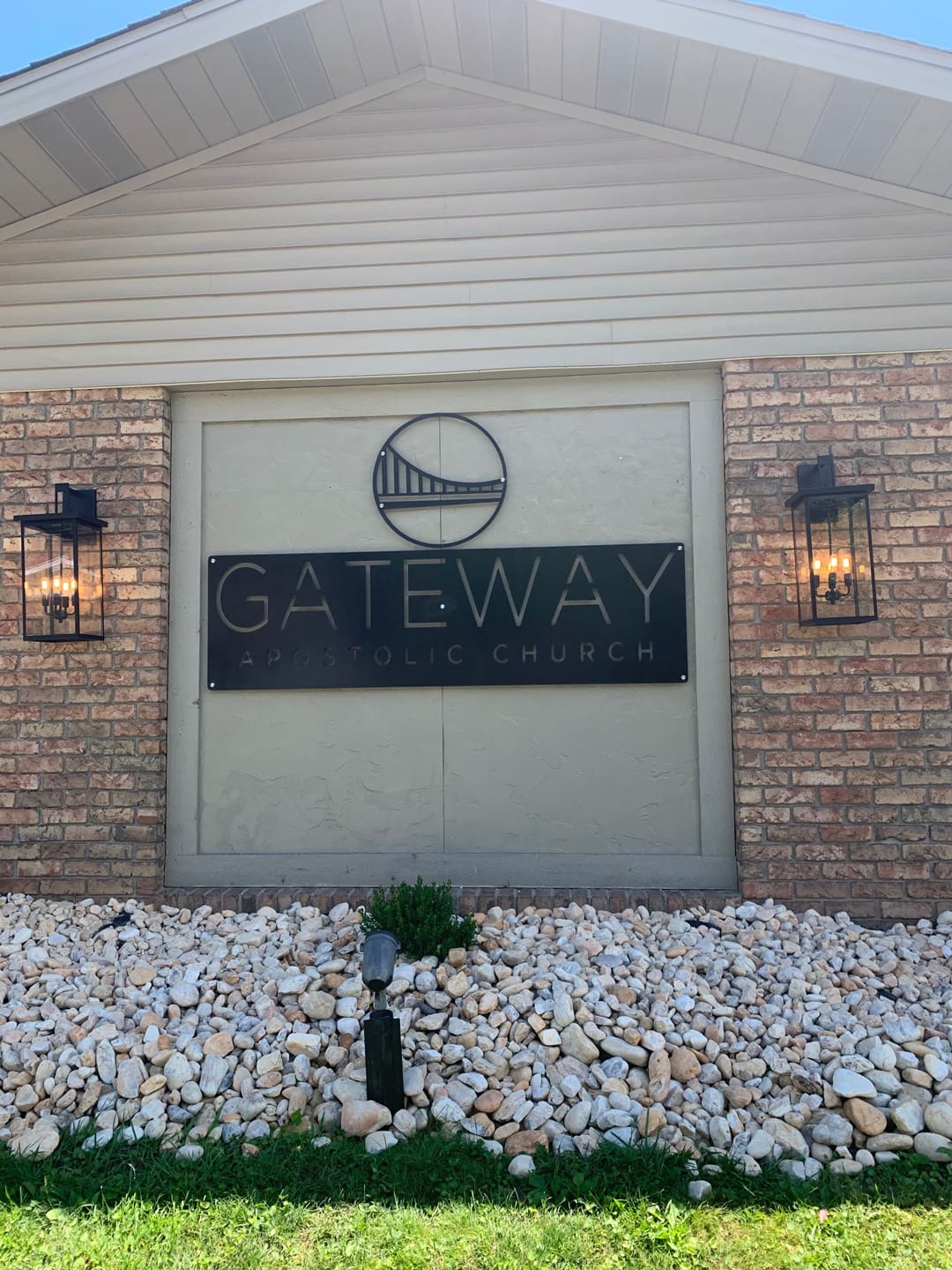Church Loans

MISSION + PURPOSE.
The United Pentecostal Church Loan Fund (UPCLF) is dedicated to providing financial solutions to churches, ministries and endorsed entities affiliated with the United Pentecostal Church International.
The UPCLF provides loans up to $2.5 million, and larger loans are possible with the assistance of our financial partners at America’s Christian Credit Union. Loans can be used to finance the acquisition of new properties, refinance loans on existing facilities, and fund construction or renovation projects.
*Loans are not provided to entities located outside the United States or Canada or to those who are not affiliated with, not endorsed by, or not in fellowship with the United Pentecostal Church International.
This loan option is designed for churches that are preparing to purchase an existing building or property.
This loan option is designed for churches looking to construct a new building or make additions to an existing building.
This loan option is designed for churches that are seeking to renovate an existing building.
This loan option is designed for churches that are seeking to refinance an existing facility or debt.
This loan option is designed for churches that are preparing to purchase an existing building or property.
This loan option is designed for churches looking to construct a new building or make additions to an existing building.
This loan option is designed for churches that are seeking to renovate an existing building.
This loan option is designed for churches that are seeking to refinance an existing facility or debt.
Step 1
Complete the loan inquiry form.
To begin the loan process, submit any prequalification and ancillary information
Step 2
Connect with a loan consultant.
A loan consultant will contact you to finish the application package.
Step 3
Finish the loan closing.
Once the loan is approved, the Loan Fund’s closing coordinator will work with the title company and/or attorney and closing agent (varies by state) to complete the closing.
church loan process
For information on loans for non-UPCI affiliated entities, we recommend contacting our lending partner, America’s Christian Credit Union.
Fund Your Dream
What is the loan process?
The loan process begins with the Loan Inquiry Form. Our loan consultant will then contact you within 3-5 business days for any additional information needed. Financial statements must be submitted after the prequalification is completed and approved. The loan will go before the Board of Directors for final approval. The loan is then set for closing and final documents are signed.
How does a church prepare for a loan?
When a church seeks a loan to buy property and/or a building for construction, renovation, or to refinance a loan, they must demonstrate their ability to repay the loan. While churches do not have tax returns or credit reports, they can provide financial statements along with other supporting documentation to prove their ability to repay a loan.
The two main financial statements (also known as financials) required are a profit and loss statement and a balance sheet report.
- A profit and loss statement, also known as an income and expense statement, captures the income and expenses of an entity for a specified period of time such as a month, quarter, or year. It shows whether or not a church had a profit or a loss during the reported period.
- A balance sheet is a statement of the assets, liabilities, and capital of an entity at a particular point in time. In general, the value of all assets (such as real estate, equipment and cash) are added up and then all liabilities (such as a mortgage) are subtracted. The total of that equation determines the net worth of a church.
Typically, a church seeking a loan will be asked to provide three full years of financial reports as well as financial reports through the most recent quarter of the current year.
The easiest way to produce these reports is for the church to utilize a computer-based accounting system.
Having current financials readily available is critical, especially if a desired property purchase or construction project is time sensitive. Financials from past years can be reconstructed if all the relevant information – banks statements, expense receipts or records, etc. – are available, but this takes time and can be costly.
What is the relationship between the United Pentecostal Church International and the United Pentecostal Church Loan Fund?
The UPC Loan Fund was authorized by the General Board of the United Pentecostal Church International on September 29, 2010. The UPCLF is a Missouri Nonprofit Corporation managed by a board of directors with experience and background that complement the Loan Fund management. The UPCLF maintains independent books and records as well as a separate annual audit of financials.







